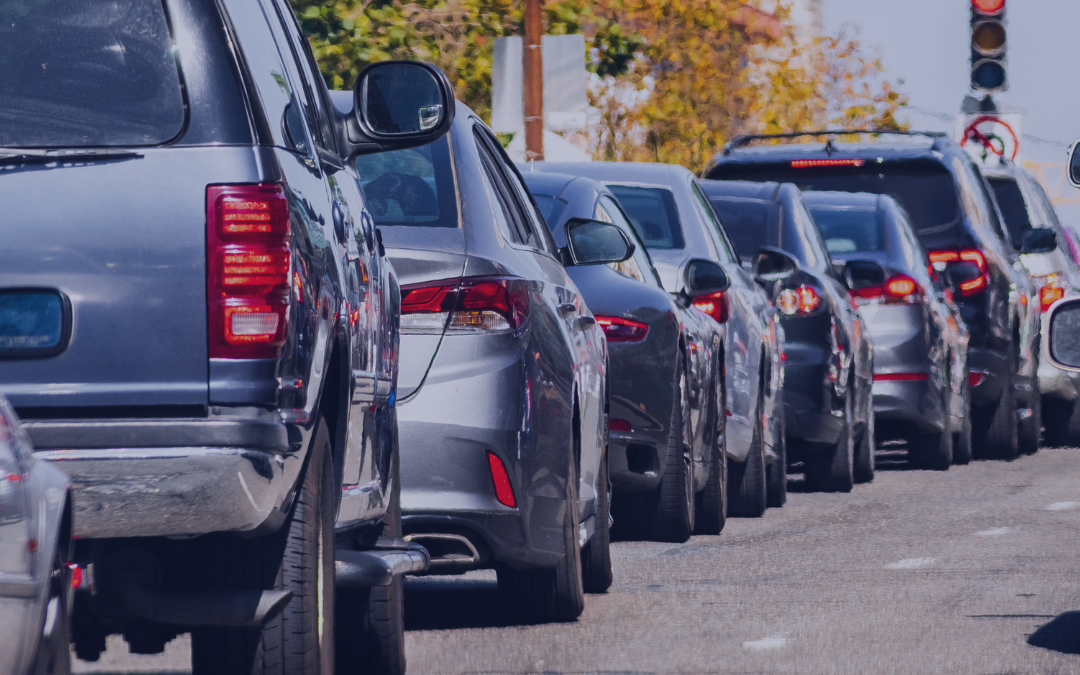We’ve all been frustrated waiting at a red light, watching the seconds go by with our engines running. In Seattle, drivers spend about 20 seconds at each red light, adding up to a significant impact on the environment. But here’s some good news: Google’s AI is working to make these traffic lights less irritating and more eco-friendly.
Google’s AI Traffic Optimization Initiative:
Google has introduced AI software aimed at optimizing traffic signals in cities across four continents, including Seattle, Jakarta, Rio de Janeiro, and Hamburg. By leveraging driving data from Google Maps, this groundbreaking project targets a reduction in emissions from idling vehicles. The initiative has already implemented timing adjustments at 70 intersections, resulting in a remarkable 30% decrease in stops and a 10% reduction in emissions for 30 million cars each month.
Adaptability to Existing Infrastructure:
One of the most commendable aspects of Google’s traffic light system is its seamless integration with existing city infrastructure. This adaptability not only makes the technology easier to adopt but also minimizes the associated risks. Cities can work hand in hand with Google’s AI to enhance traffic management without undergoing extensive overhauls.
Expanding Global Impact:
Google’s commitment to creating a greener commute extends beyond traffic lights. The company is expanding its fuel-efficient routing feature in Maps to countries like India and Indonesia. Additionally, Google is introducing flight-routing suggestions to air traffic controllers in Belgium, the Netherlands, Luxembourg, and northwest Germany.
A Worldwide Vision:
The success of this AI-driven initiative could potentially revolutionize traffic management on a global scale. Imagine a world where traffic lights are not just a source of frustration but contribute to a smoother, more environmentally conscious commute for everyone.
Conclusion:
The next time you smoothly drive through a green light, you may just need to thank Google’s AI for saving you those precious seconds. Not only does this initiative save time, but also has the potential to greatly reduce our overall impact on the environment.

